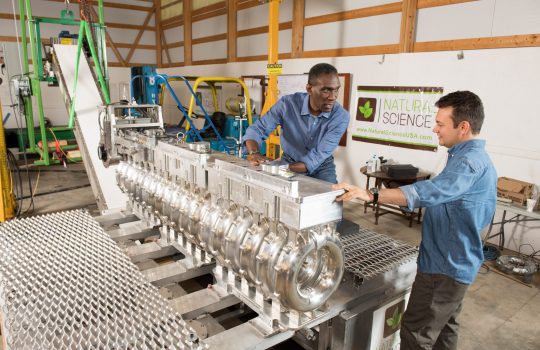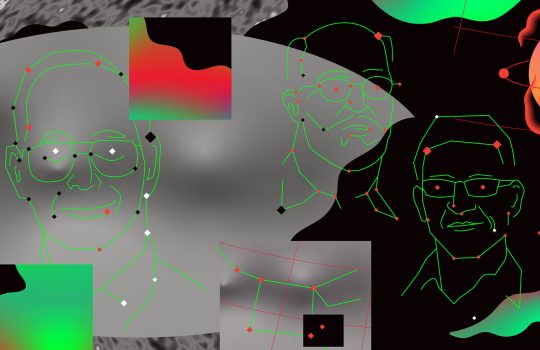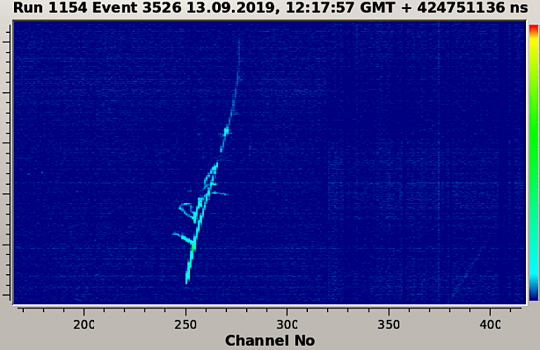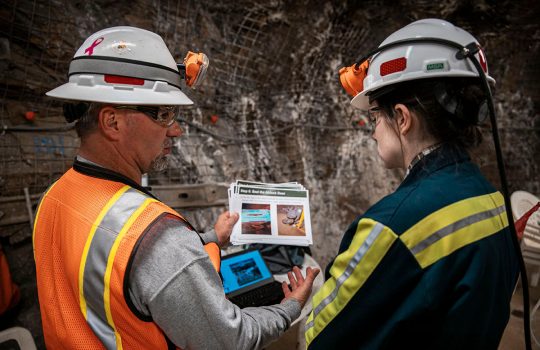Une nouvelle technologie innovante pour détecter les neutrinos testée à grande échelle au CERN
From CNRS, Oct. 10, 2019: Les scientifiques de la collaboration ProtoDUNE au CERN ont commencé à tester un tout nouveau prototype de détecteur de neutrinos, en utilisant une technologie très prometteuse, appelée “double phase.” Si les premiers résultats obtenus se confirment, cette nouvelle technologie sera utilisée à une plus grande échelle pour l’expérience internationale DUNE aux États-Unis. Les scientifiques français du CNRS et du CEA jouent un rôle de premier plan dans le développement et la mise en route de ce détecteur innovant.






